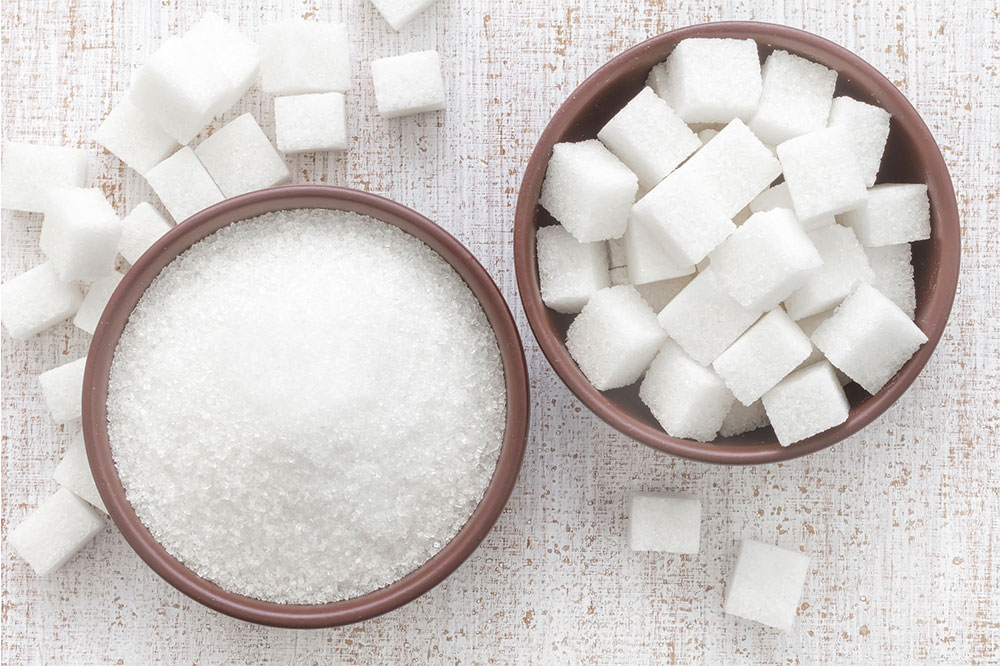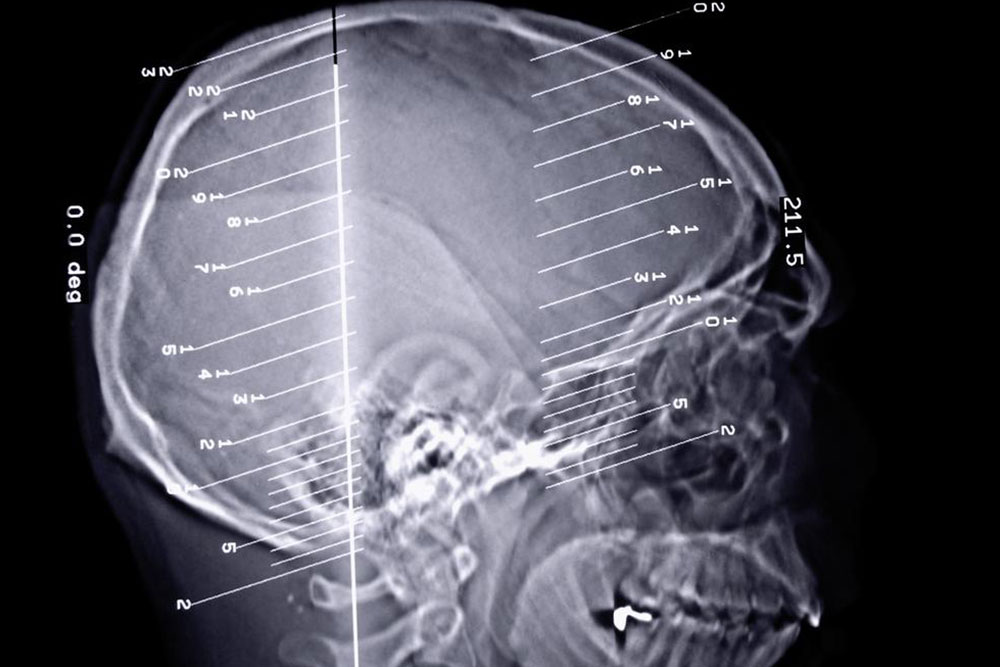Recognize 8 Key Indicators of Excess Sugar Consumption
Excessive sugar intake can lead to various health issues like weight gain, high blood pressure, and skin problems. Recognizing the signs early allows for better dietary choices. Key symptoms include fatigue, mood swings, joint pain, and skin breakouts. Maintaining balanced sugar consumption is vital for overall health and well-being. Staying informed about these indicators can help in making healthier lifestyle decisions and preventing long-term health complications.

Signs Your Body Shows When You Overconsume Sugar
Sugar often acts as an addictive ingredient in many foods and beverages. With the abundance of processed and fast foods available everywhere, avoiding added sugars can be challenging. While some individuals monitor their sugar intake carefully, others may not realize they're consuming too much. Recognize these common symptoms to identify if your diet has excessive sugar:
Unexplained Weight Gain
Sugars are processed rapidly, leaving you feeling hungry sooner. Many processed snacks and sweets lack essential nutrients like proteins, fibers, or healthy fats that promote satiety. Eating high-sugar foods adds empty calories, which can lead to weight gain over time. Studies confirm that sugary drinks significantly contribute to weight increase in both adults and children.
Elevated Blood Pressure
Excess sugar in your diet can cause hypertension. High glucose levels can damage blood vessel linings, making them prone to cholesterol buildup. This leads to narrowed arteries, impairing blood flow and increasing blood pressure.
Skin Breakouts and Dullness
Sugar stimulates androgen hormones that can trigger acne. Additionally, high sugar levels accelerate aging signs such as wrinkles and dull skin. Staying hydrated and detoxifying through water intake can help maintain skin health.
Feeling Tired and Low on Energy
Since sugar is quickly digested, it can cause energy spikes and crashes, leading to fatigue. This cycle often results in craving more sugar, perpetuating fatigue and decreased vitality.
Sleep Disruptions
Research links high sugar consumption with poor sleep quality. Maintaining balanced glycemic levels is crucial for restful sleep and overall health.
Mood Swings and Irritability
Elevated sugar intake increases inflammation, affecting mental health. Insulin spikes after sugar intake reduce blood glucose levels, impacting brain function and mood stability.
Intense Sweet Cravings
Consuming sweets stimulates dopamine, the brain's happiness hormone. This reward cycle fosters persistent sugar cravings, making it difficult to break free from the habit. Opting for wholesome alternatives can help curb these urges.
Joint Discomfort
High sugar intake may worsen joint pain, especially in conditions like rheumatoid arthritis. Systemic inflammation caused by sugar can contribute to joint issues and discomfort.
Note: The information provided is for educational purposes only. It is not a substitute for professional medical advice. Please consult healthcare professionals for personalized health guidance.










